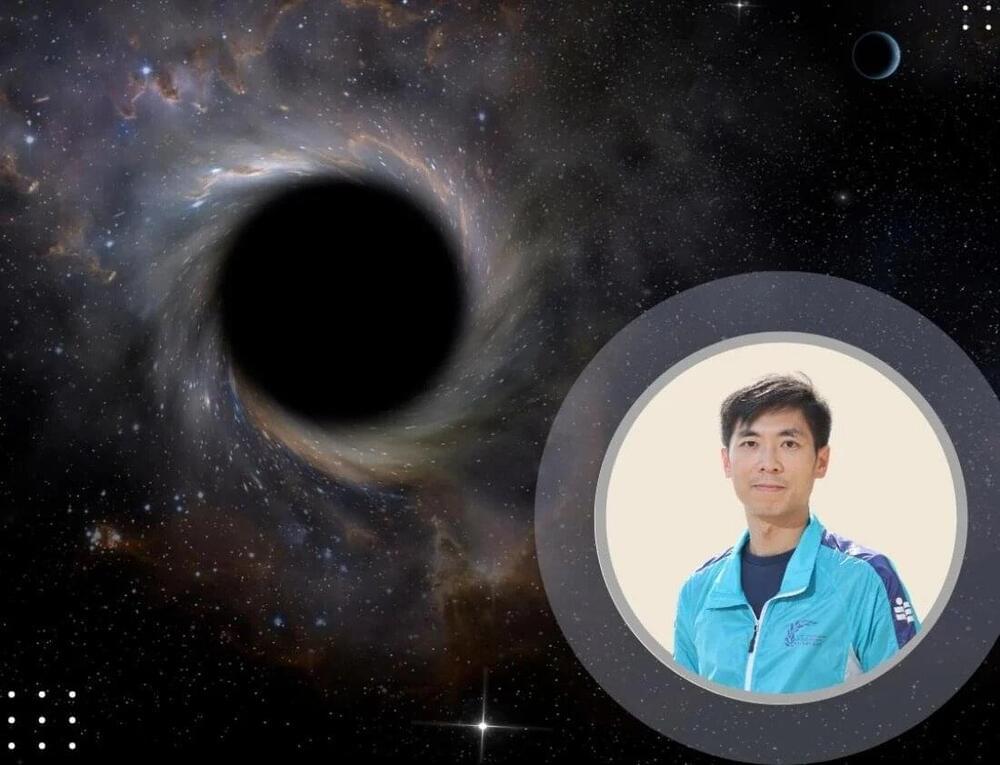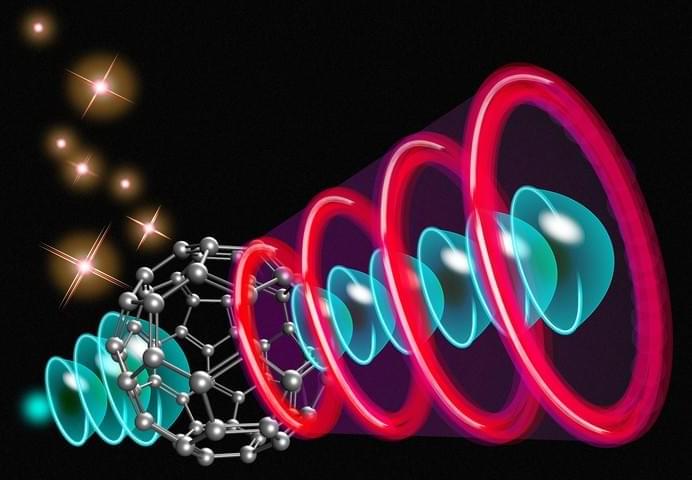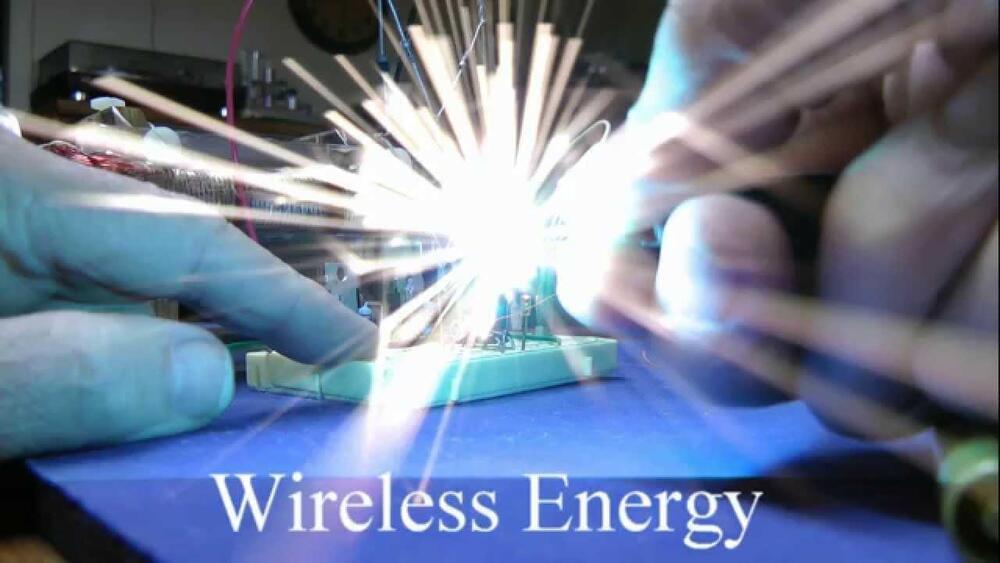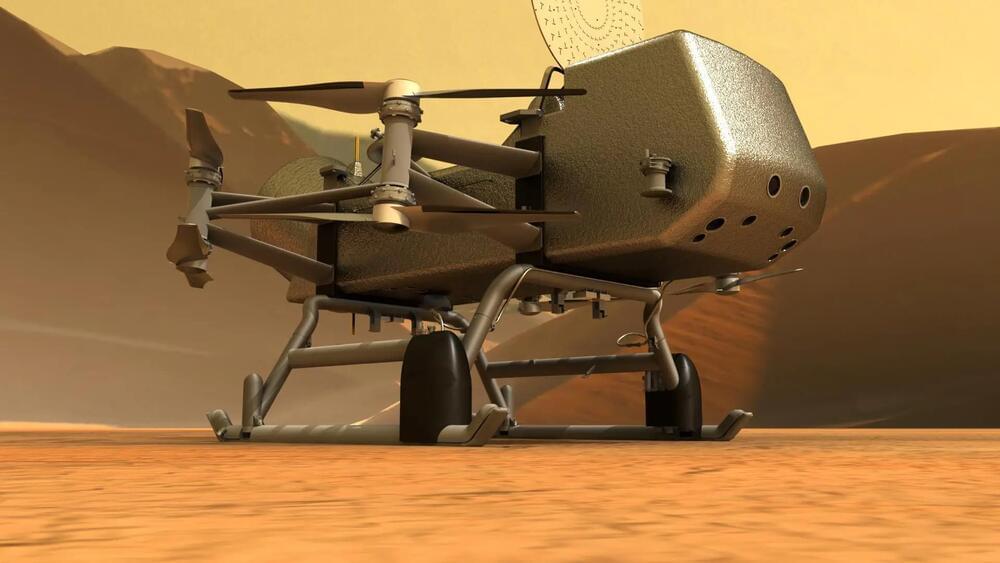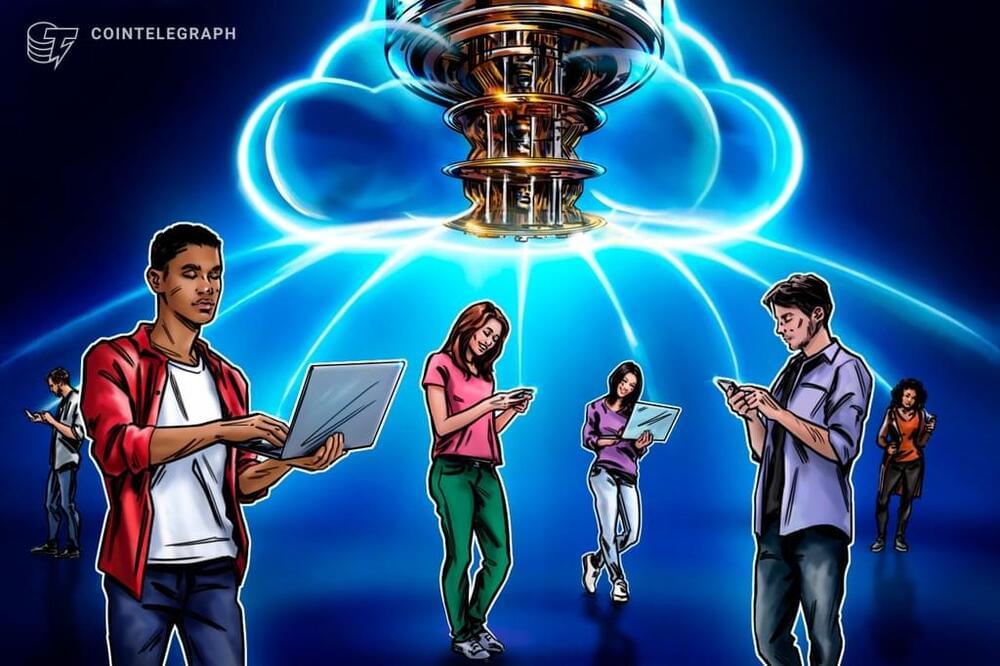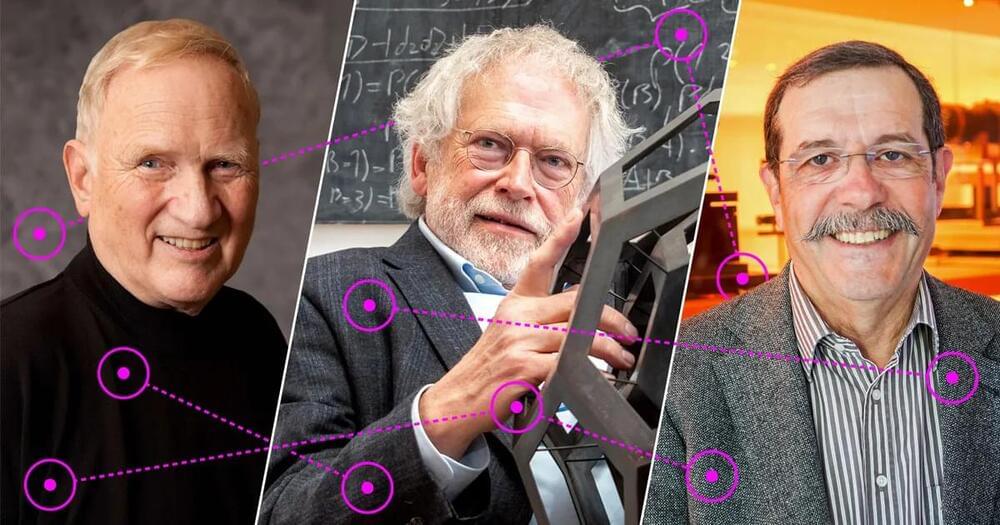Mar 21, 2023
Scientists ‘control’ quantum light for the first time, achieving landmark
Posted by Gemechu Taye in categories: biotech/medical, computing, quantum physics
“We have taken a vital first step towards harnessing quantum light for practical use.”
Scientists have for the first time shown that they can control and distinguish tiny quantities of interacting photons — or packets of light energy — with high correlation, according to a study published in Nature.
Harnessing quantum light for practical use.
Continue reading “Scientists ‘control’ quantum light for the first time, achieving landmark” »

